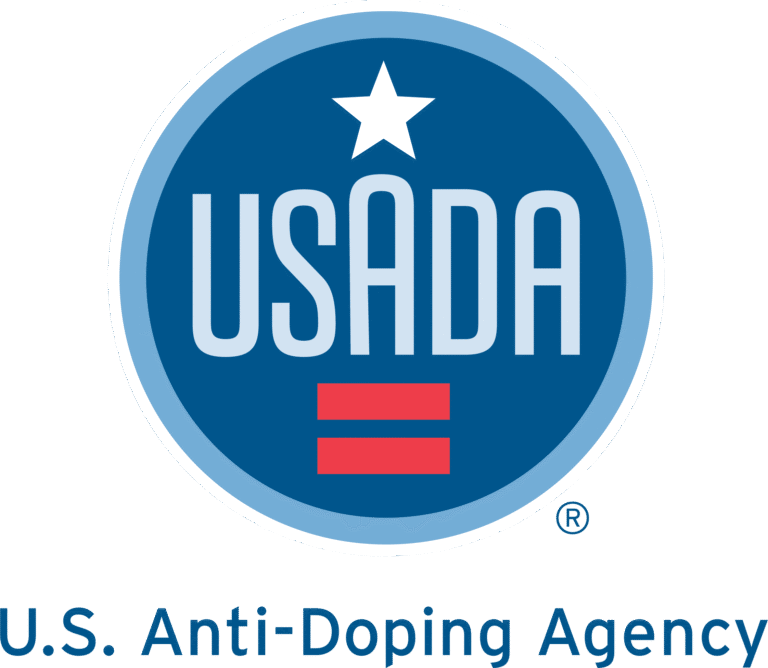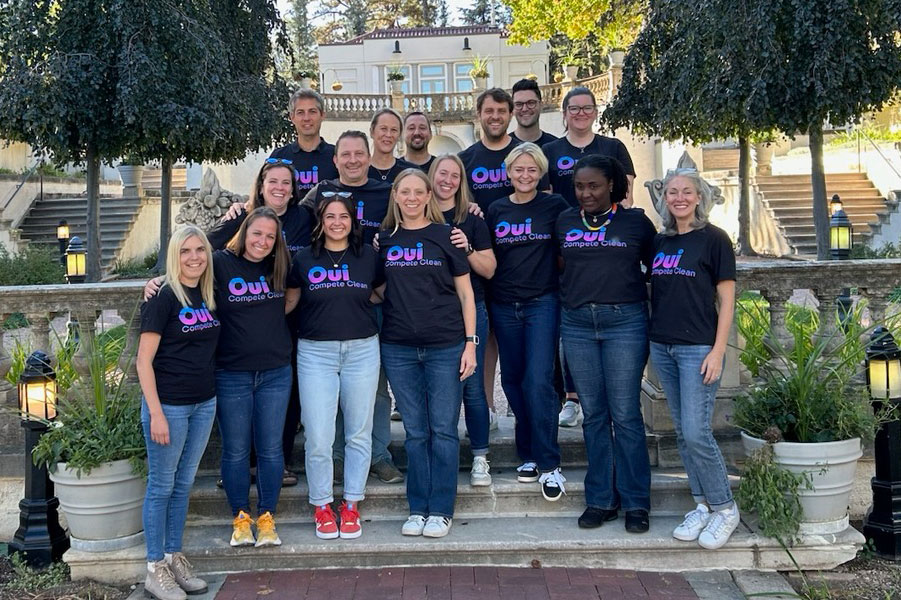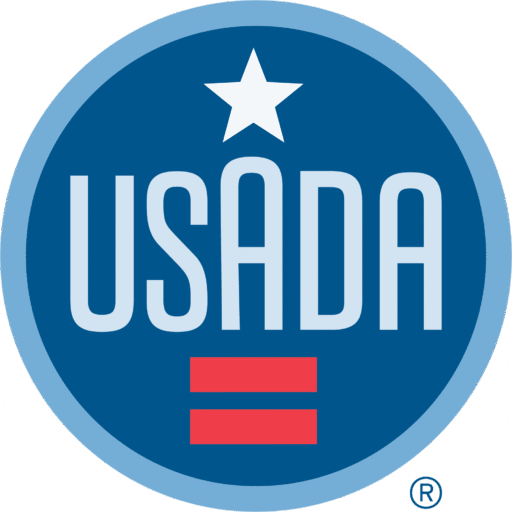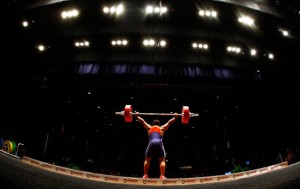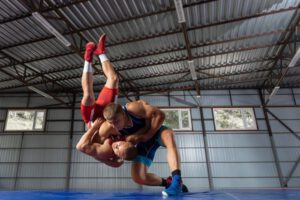The U.S. Anti-Doping Agency (USADA) recently hosted anti-doping educators and leaders from around the world for an annual summit dedicated to exchanging insights, sharing resources, and collaboratively devising new strategies that increase the reach and effectiveness of clean sport education.
As one of the world’s most regionally diverse gatherings of international anti-doping educators, the seventh annual meeting of the Penrose Education Experts and Resource Sharing (PEERS) Group included representatives from Austria, Australia, the Caribbean, Denmark, Germany, New Zealand, Switzerland, and the United States.
“The partnership, transparency, and trust this group facilitates year after year has led to significant strides in aligning education strategies with cutting-edge prevention science and values-based learning,” said USADA Education Director Tammy Hanson. “Our annual meeting leads to meaningful discussions on the biggest challenges in anti-doping and we come away with true solutions, not only for our own teams but for anti-doping organizations worldwide that are equally dedicated to best serving clean athletes.”
This year, the two-day summit also included researchers from the Center for Athlete Well-Being UNC Greensboro, who led sessions on how to translate research and learning theories into effective practice. These sessions ensured that participants had tangible resources and evidence-based tools to bring back to their teams and athletes. To measure and ensure effectiveness, the research team also discussed data collection and evaluation techniques.
The athlete perspective was at the forefront throughout the summit, with athlete members of the USADA staff speaking about accessibility needs in anti-doping education and the importance of educating health professionals so they can better support athlete patients.
Overall, the summit aimed to continue pushing the needle forward in clean sport delivery across the world, with the group working toward an education program template that could be shared globally to further harmonize and elevate anti-doping education practices.
The researchers also shared the outcomes of several studies conducted with USADA, including the development of an innovative evidence-based conceptual model that utilizes the International Standard of Education (ISE) mandatory topics in combination with education modalities to create short, medium, and long-term behavioral outcomes. Moreover, the insights gained on overcoming data collection barriers and optimizing event-based education will be shared internationally, with the intent to enhance the effectiveness of clean sport education worldwide. The researchers also introduced a changeability matrix for prioritizing anti-doping education, which is a game-changing approach that will allow anti-doping agencies to allocate resources more efficiently and maximize impact in promoting clean sport.
In addition to an annual in-person summit, the PEERS Group connects often to address emerging anti-doping challenges, as well as to propose timely solutions and share resources with the greater anti-doping education community. The efforts of the group also align with the ISE’s mandate that World Anti-Doping Code signatories collaborate to minimize duplication of efforts and maximize the effectiveness of their education programs.
For more information or media inquiries, click here.


